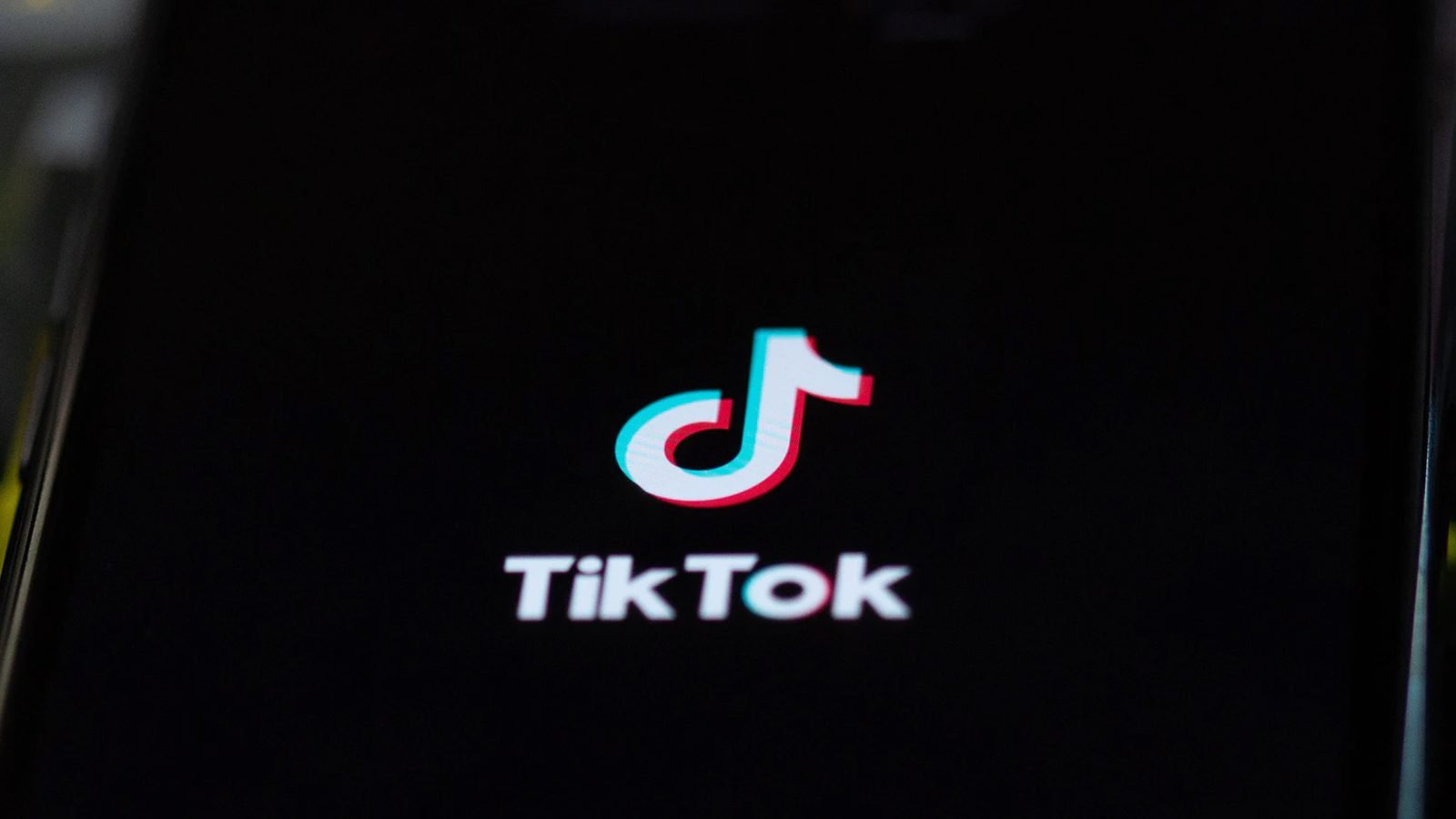Chinese short-video making app TikTok is now going to collect biometric data of users in the US, including faceprint and voiceprints, as the fate of the Bytedance-owned company remains in limbo in the country.
TikTok has introduced a new privacy policy section for US users, saying it “may collect biometric identifiers and biometric information” from its users’ content.
“We may collect biometric identifiers and biometric information as defined under US laws, such as faceprints and voiceprints, from your User Content. Where required by law, we will seek any required permissions from you prior to any such collection,” the company said in its new privacy policy.
The privacy policy further read that TikTok may collect information “such as identifying the objects and scenery that appear, the existence and location within an image of face and body features and attributes, the nature of the audio, and the text of the words spoken in your User Content.”
In the US, a couple of states like Illinois, Washington, California, Texas and New York have biometric privacy laws.
A TikTok spokesperson told The Verge on Thursday: “As part of our ongoing commitment to transparency, we recently updated our Privacy Policy to provide more clarity on the information we may collect”.
Earlier on Thursday, US President Joe Biden expanded a Donald Trump-era ban on Chinese surveillance companies with alleged ties to the military, increasing the number of restricted Chinese firms from 48 to 59.
The new executive order does not include TikTok or its parent company ByteDance. It is still unclear how Biden aims to address the TikTok ban.
In February, TikTok agreed to pay $92 million to settle a class-action lawsuit over privacy violations in the US.
The lawsuit claimed that the platform collected “highly sensitive personal data” to track users and put them to target advertising.
In 2019, TikTok settled a $1.1 million lawsuit over alleged children’s privacy allegations.
In the same year, the company paid $5.7 million to the US Federal Trade Commission (FTC) over allegations that musical.ly (now called TikTok), failed to gain parental approval for young users.
